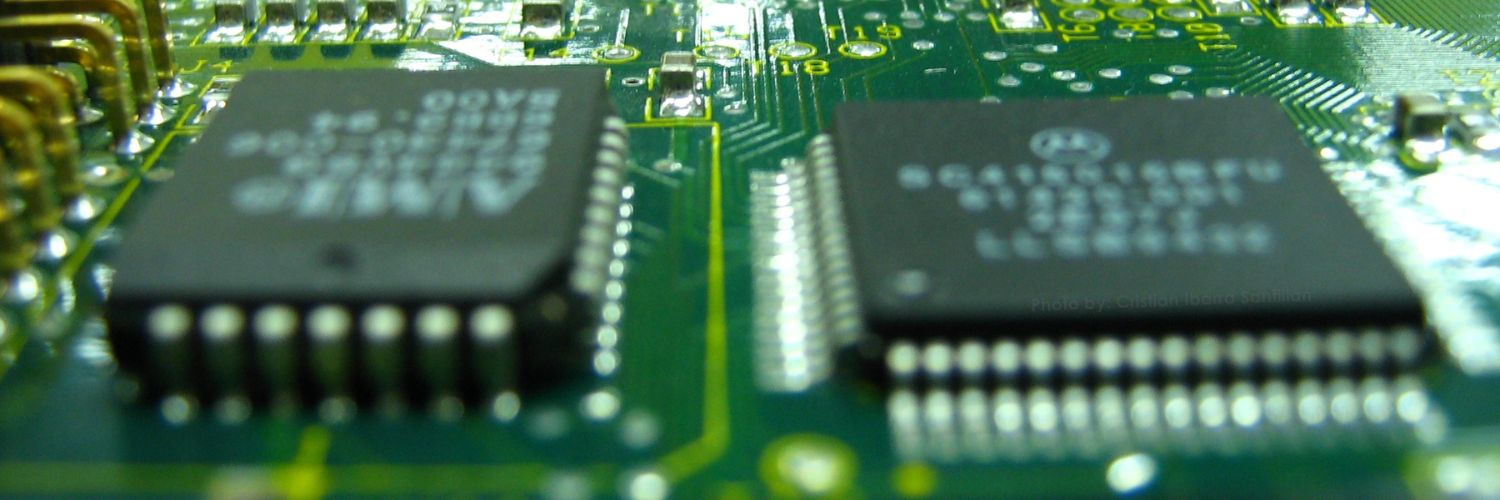

A new phase in the tech Cold War
While the United States and the European Union have already channelled nearly 75 billion euros into the production of next-generation semiconductors, Washington is intensifying sanctions against China to avoid losing a strategic battle for technological supremacy that will have global implications.
In recent years, the technology war between the United States and China has intensified in producing integrated circuits essential to several applications, from smartphones to automobiles, and military equipment to scientific research.
For decades, the US has dominated the microchip production industry, with companies such as Intel, Qualcomm, and Nvidia giving it a strategic advantage in an increasingly digitised world. Although they currently have only a 10% share of global semiconductor production, they dominate the value chain by 40%. In addition, they have absolute control over the large microchip producers in Taiwan, South Korea and Japan, as well as over ASML, the leading Dutch company in the development and manufacture of photolithography machines used to produce these integrated circuits.
The entry of new players such as China is seen as a threat to US technological hegemony. In this context, for years Washington has been approving a series of sanctions to castrate the Asian giant’s technological development and competition on national security justifications while forcing its client states to apply the same restrictions.
More sanctions and more subsidies
As Bloomberg reported on Sunday, the United States and the European Union have already channelled nearly 75 billion euros into the production of next-generation semiconductors, intensifying a global stand-off with China over chip supremacy. Last month alone, US administration officials announced 5.65 billion in grants to Micron Technology Inc., the largest US maker of computer memory chips.
This is the first phase of an investment of some 351 billion euros earmarked by governments in the US sphere of influence to boost the development and production of the most advanced microprocessors.
At the same time, Washington has revoked licences that still allowed companies such as Intel and Qualcomm to sell some chips for laptops and mobile phones to Huawei, the already-sanctioned Chinese telecommunications equipment manufacturer.
For its part, Beijing has recently announced subsidies for companies that purchase domestically produced artificial intelligence (AI) chips. Under this initiative, the city aims to be 100 per cent self-sufficient in smart computing infrastructure hardware and software by 2027.
“There’s no question that we’ve passed the Rubicon in terms of technological competition with China, particularly in semiconductors,” said Jimmy Goodrich, a senior China official and strategic technology advisor to Rand Corp. “Both sides have basically made this one of their top national strategic objectives.”
The negative impact of sanctions
Sanctions and export controls have not only hurt China, limiting its access to the latest generation of semiconductors, but also on Western companies that have lost a large share of the market and revenues.
On the other hand, this has accelerated technological development and competition from Chinese companies in a sector also considered strategic for their government, which is intensifying its domestic investments in more advanced chips, while reducing the market shares of US companies.
Similarly, Taiwanese chipmakers, which currently own almost half of the world’s chip production capacity, are likely to see their global market share decline as a result of China’s investment drive. As technology and national security become increasingly intertwined, Western sanctions against semiconductors are unlikely to temper the Asian giant’s ambitions.
11Onze is the community fintech of Catalonia. Open an account by downloading the app El Canut for Android or iOS and join the revolution!
Leave a Reply
You must be logged in to post a comment.





Interessant article!!!!
Moltes gràcies, Manel!!!
gràciess
Gràcies a tu, Joan!!!